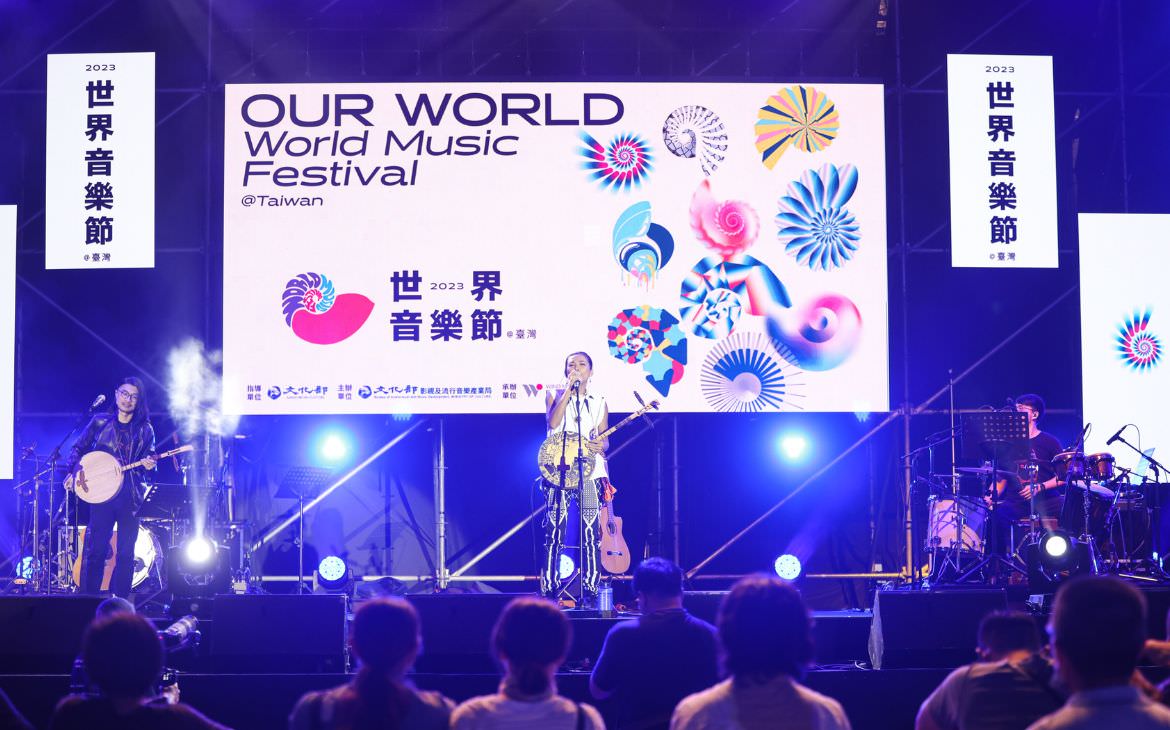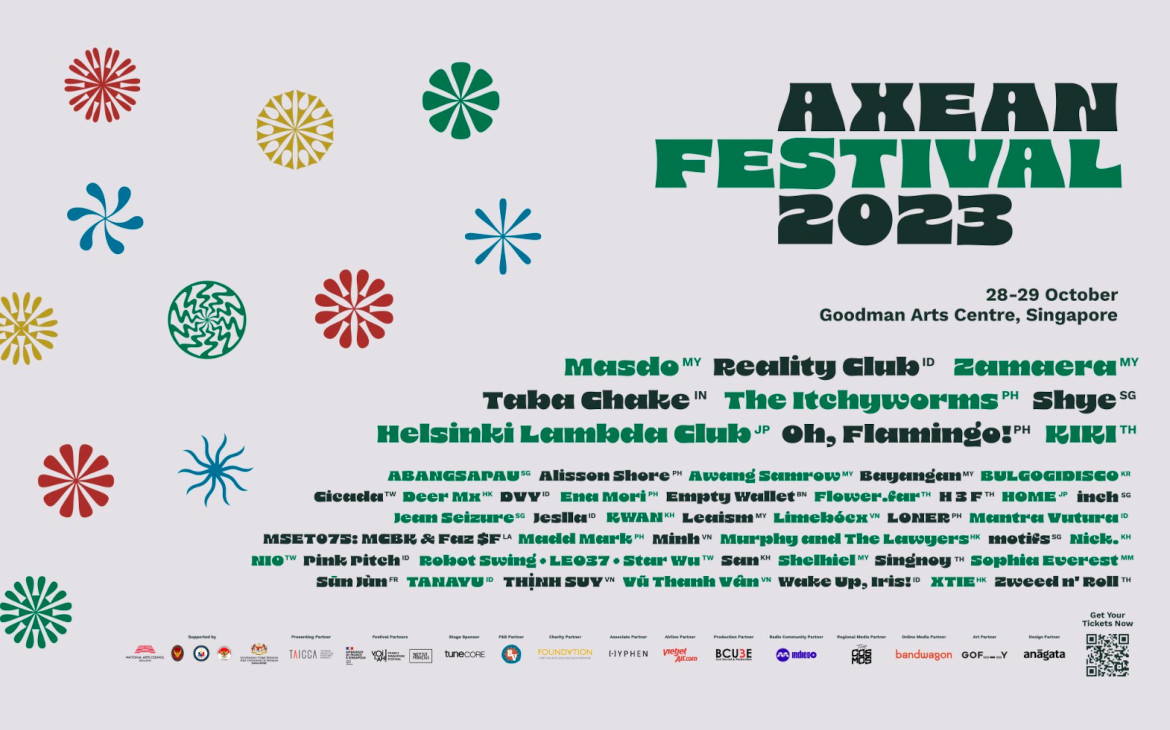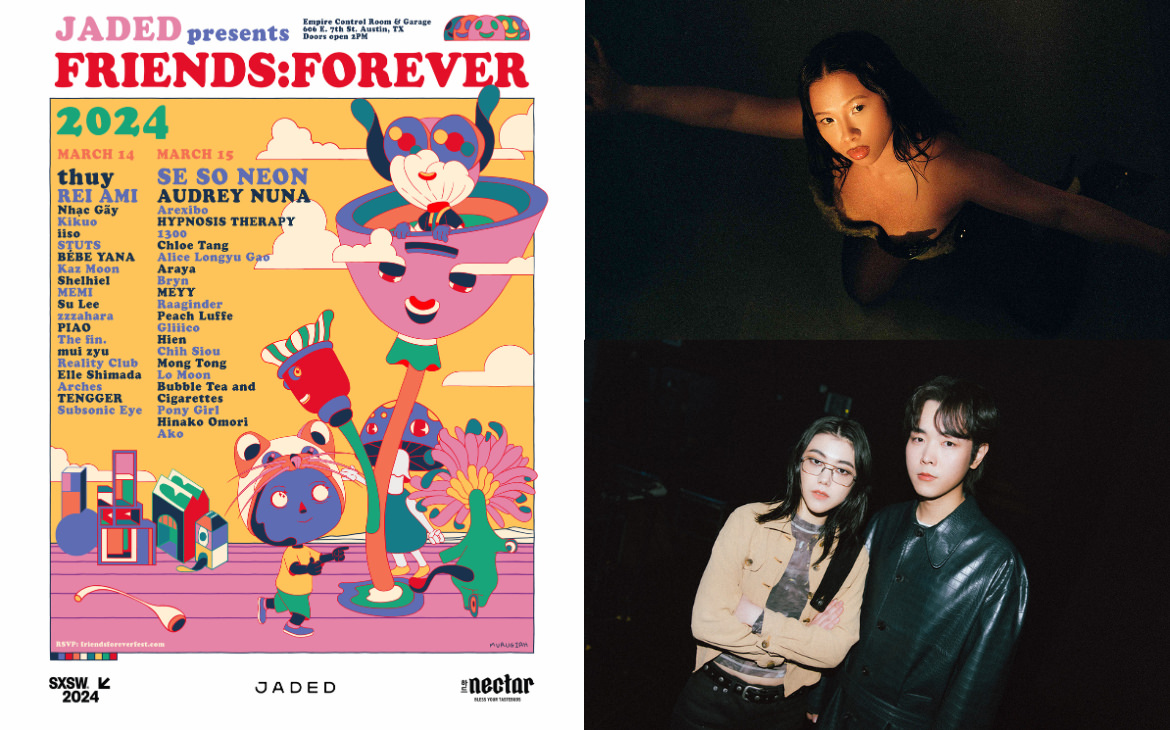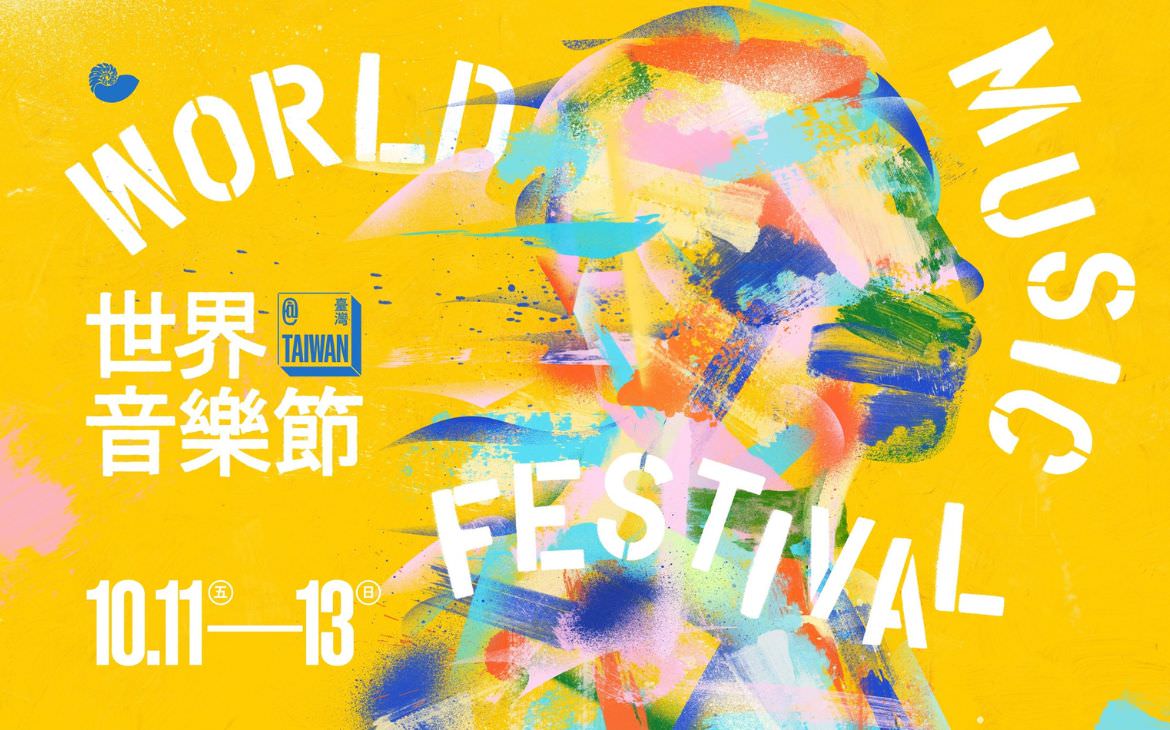World Music Festival @ Taiwan’s continued dedication and focus on providing and nurturing a platform that not only celebrates Taiwanese talent but also invites the rest of the world to showcase their stories, cultures, music and art has been inspiring
By MC Galang
The seventh—and largest, by far—edition of World Music Festival @ Taiwan has promised and delivered strengthened ties with the rest of the world through music.
Held from October 12 to 15 at the Taipei Music Center, a performing arts and cultural venue dedicated to “providing a space for performances, preserving cultural records, and stimulating industry development,” the programming this year expanded beyond musical performances.
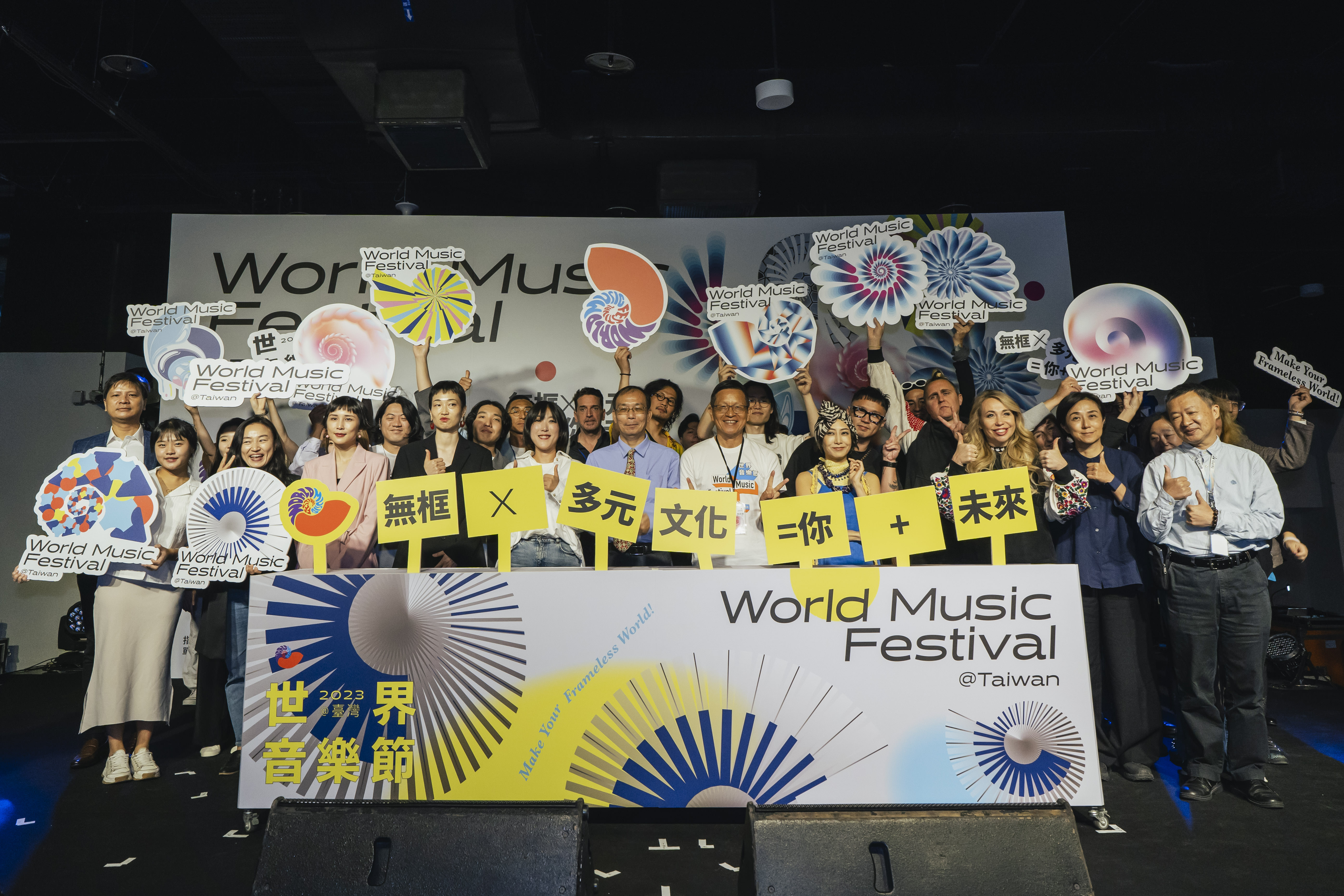
2023 WMF@Taiwan organizers, artists, delegates at the press conference
WMF@Taiwan kicked off with the “Going Global” sub-event: a two-day Going Global Music Industry Conference, which included 13 specially curated showcases, scheduled speed meetings, four international lectures, and two industry networking events; followed by “Our World,” a weekend packed with 20 shows by both Taiwanese and international musicians, an inaugural trade fair, three music workshops, street performances, and bazaars.
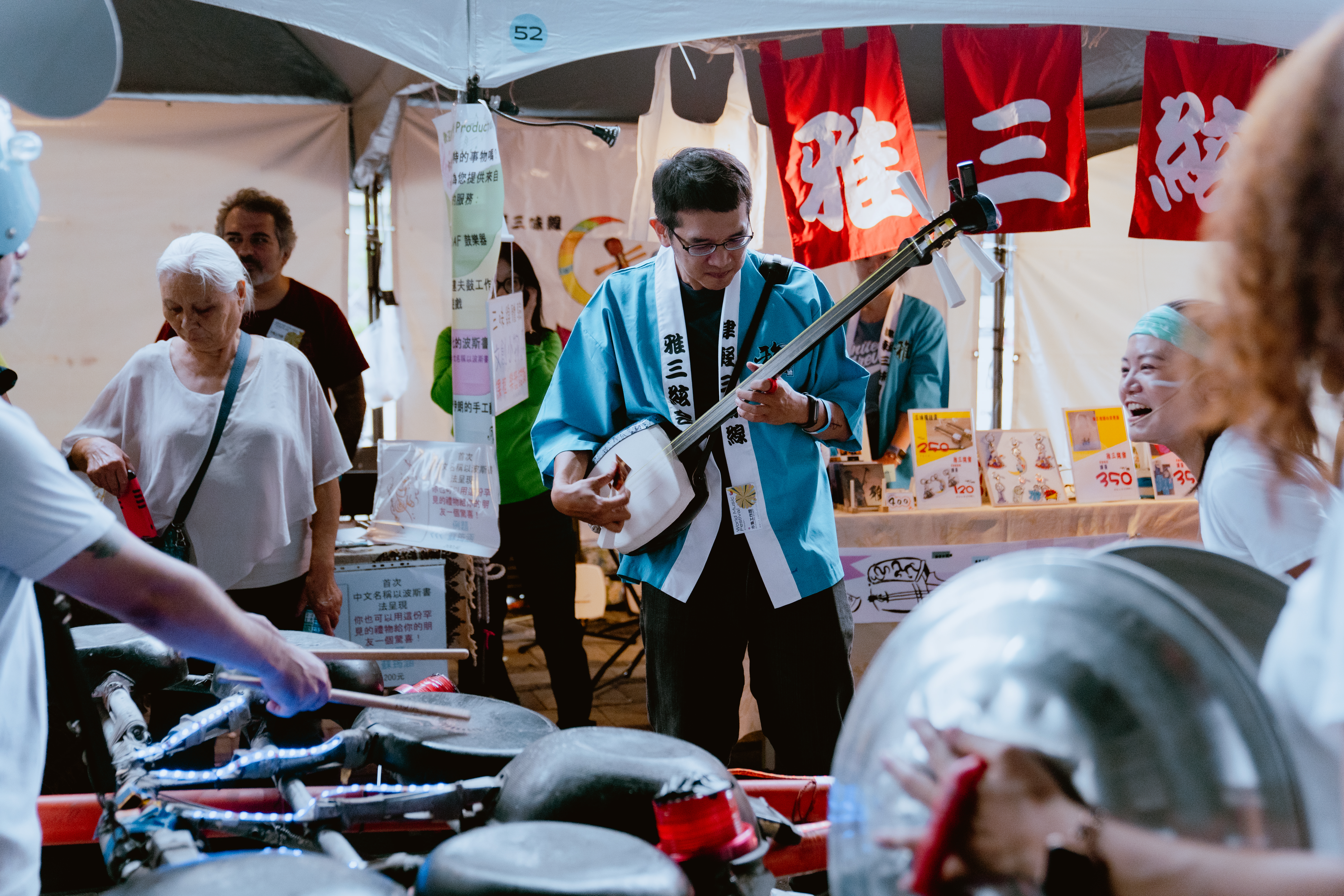
Welcome Parade activities
Going Global, Our World
Initiated by Taiwan’s Bureau of Audio-Visual and Music Industry Development of the Ministry of Culture, the music-centered event aims to “reach and connect with the global industry and audiences to boost the prospects and business opportunities of Taiwanese musicians,” according to Minister of Culture Shih Che.
The two sub-events, “Going Global” and “Our World” were designed to serve different but unified purposes: the former to acquaint curators and agents from nine countries with Taiwanese musicians and the music industry, as well as to spotlight the 13 showcasing acts for international opportunities; whereas the latter, Mr. Shih added, is geared towards offering audiences “a greater degree of freedom in their imagination regarding music” featuring individual and collaborative sets from 20 music acts from various musical backgrounds and styles across three stages.

WMF@Taiwan workshops aim to foster a deeper understanding between Taiwan’s music industry and culture and international markets
Make Your Frameless World
The key concept of the 2023 World Music Festival @ Taiwan is “Make Your Frameless World.” The term “world music” was coined in the early 1960s by American ethnomusicologist Robert E. Brown and initially meant “folk music from around the world,” but has since evolved to be more style- and genre-inclusive.
In some cases, the term has also connoted a combination of Western popular music styles with ethnic music. As CNN Philippines contributing writer Mariah Reodica remarked on her review of the festival, “Lately, there’s been a shift of it told from a local perspective where a music festival connects with other musical cultures at large. If anything, world music should no longer have to qualify under a static, textbook definition set by a certain culture. Aptly, world music now considers global tides of exchange and cross-cultural pollination.”
Not only was it a display of diverse interpretations of musical styles and cultural influences and traditions, it was implicit in WMF@Taiwan that, at least for someone like this author who has not previously attended a deliberately marketed world music festival, that the underlying theme is pride. To me, this means not being predicated on Western standards but also Western tastes, which have long been the accepted cultural norm.
A few standout performances include Sauljaljui’s incredible, free-spirited set, one that has always been deeply rooted in her indigenous Paiwan roots and eclectic mix of pop, folk, and Latin music, among others—and has always been tethered to the grandness of nature—both in its nourishing and destructive capabilities.
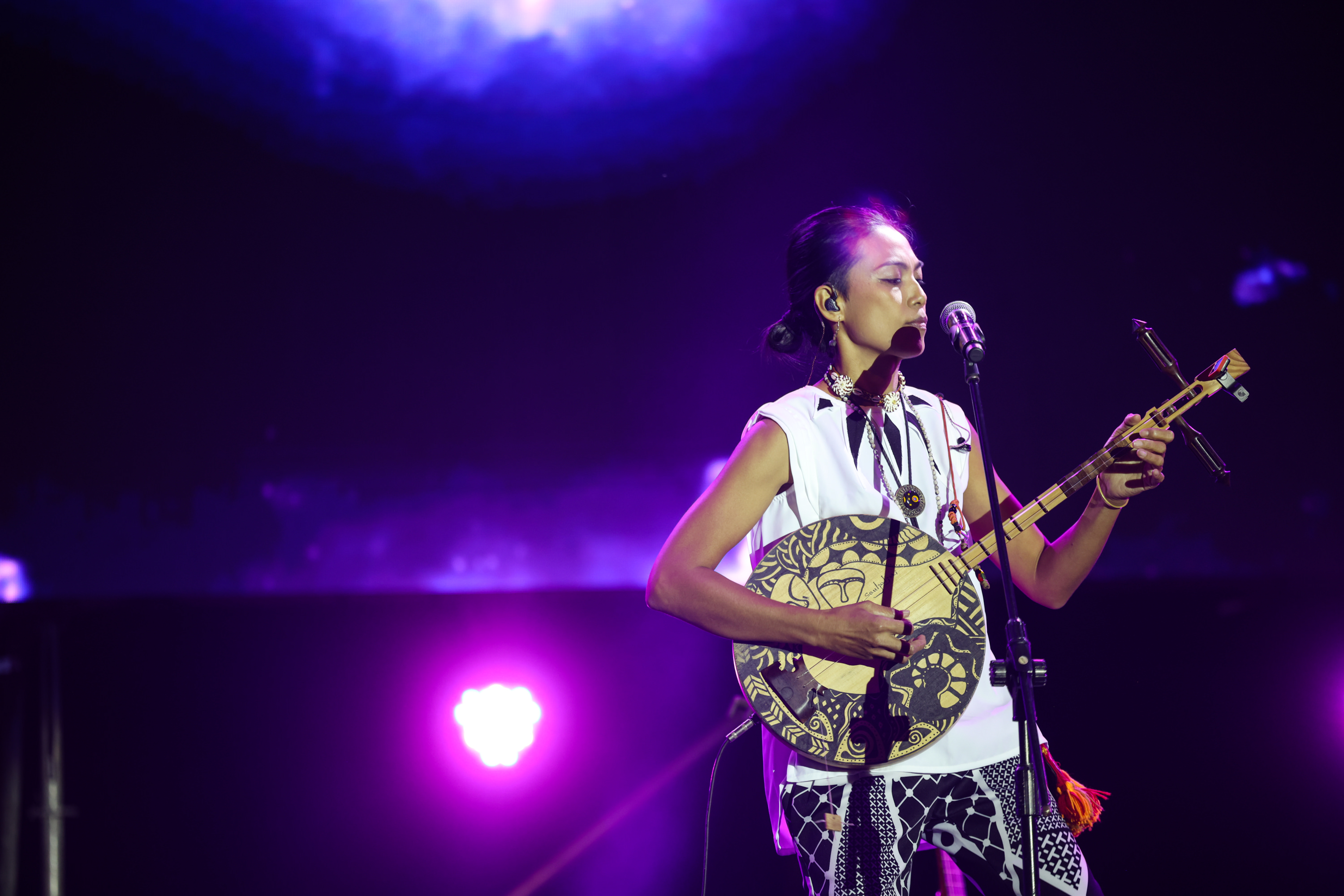
There’s also “funeral rock” progenitors Tsng-kha-lâng, whose music is informed by Taiwanese folk music, temple and traditional arts, psychedelic rock, and other Western elements to honor the martyrs of Taiwan’s 38-year martial law. Vocalist Dai Dai evokes Taiwanese spirit-summoning rituals often practiced during funerals to carry “blessings and protection for both the deceased and the living.”
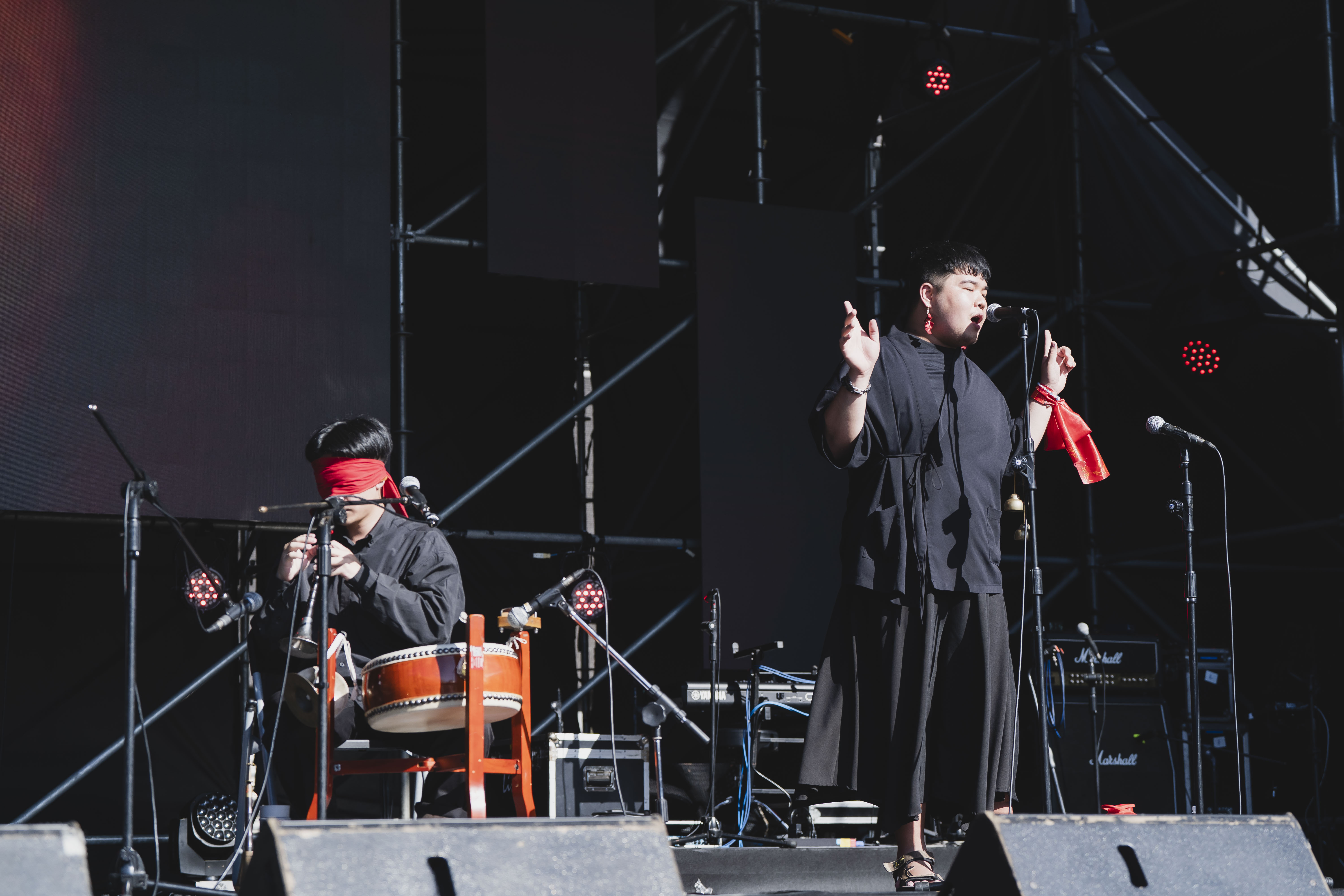
Turning WMF@Taiwan into a large sing-and-dance party is famous Bunun Aboriginal artist Biung Wang who champions his ancestral heritage through primarily traditional Bunun music and pop (Mr. Wang records and sings music in his native language). Prompting a large dance circle during his set, it was heartwarming to see a multicultural audience, young and old, unified in a collective sense of joy.
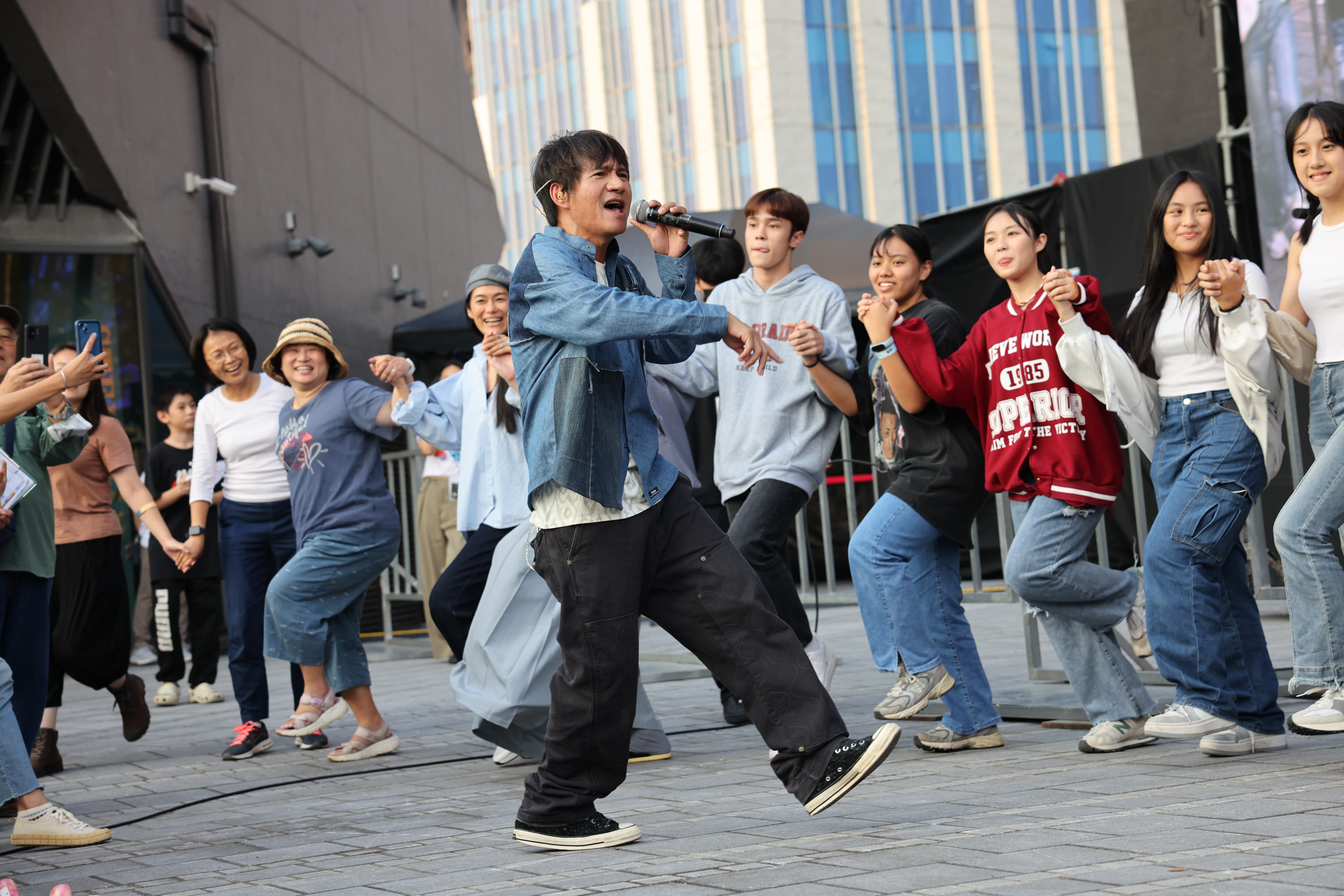
Ak Dan Gwang Chil’s (ADG7) rapturous take on Korean traditional music and culture, also using pansori (a Korean musical style of storytelling) to share life in modern South Korea, but also including Seodo—traditional folk songs from North Korea—in their repertoire.
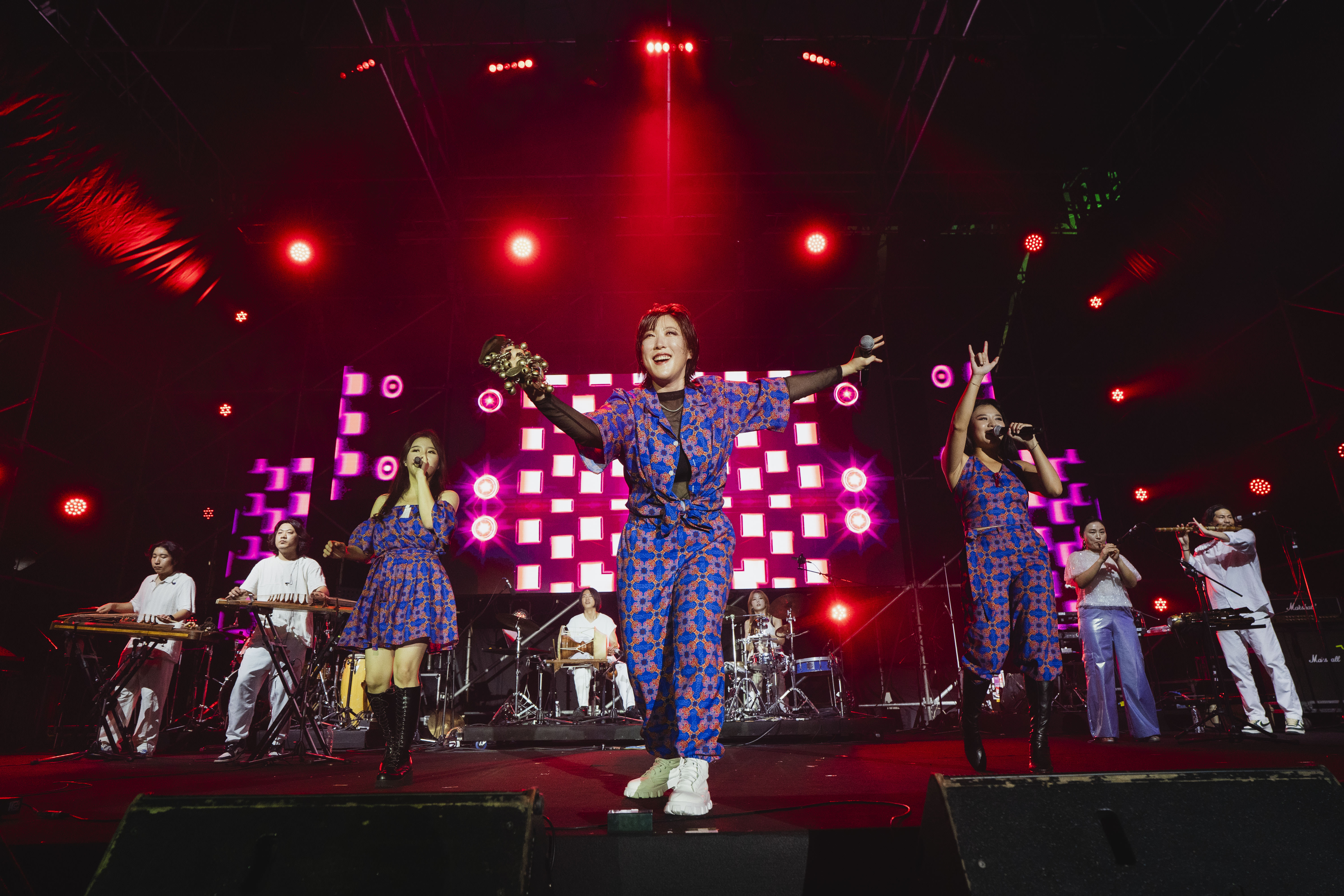
Indonesian punk rock band Southern Riot, who are currently based in Taiwan, highlighted a mental health crisis that plagues migrant workers globally, raising a banner that reads in Bahasa, “Buruh bukan robot. Buruh juga manusia,” which translates to “Workers are not robots. Workers are people.”
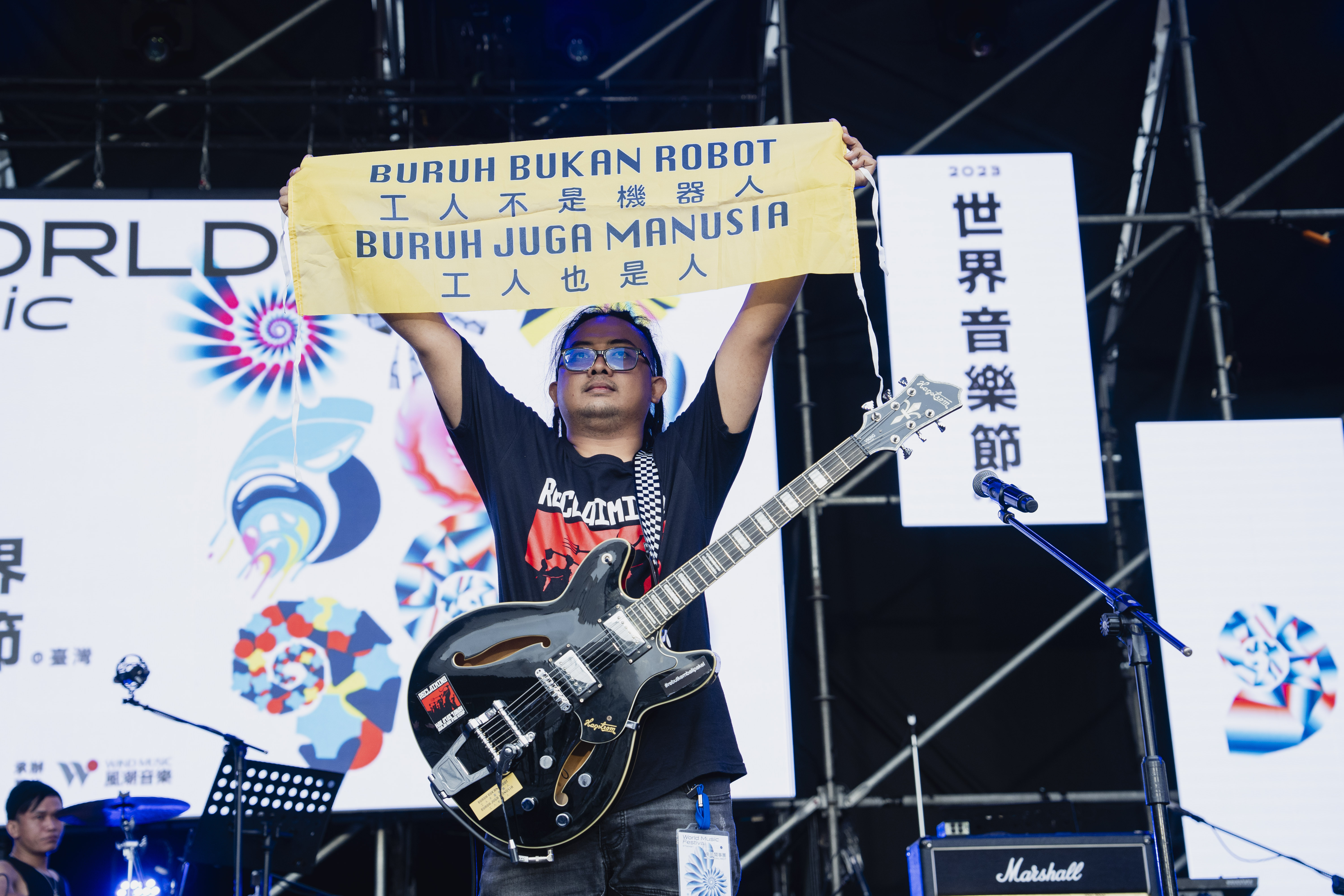
Balaklava Blues integrates electronic noir and traditional Ukrainian folk village dance to share first-hand stories from Ukraine in the throes of war.
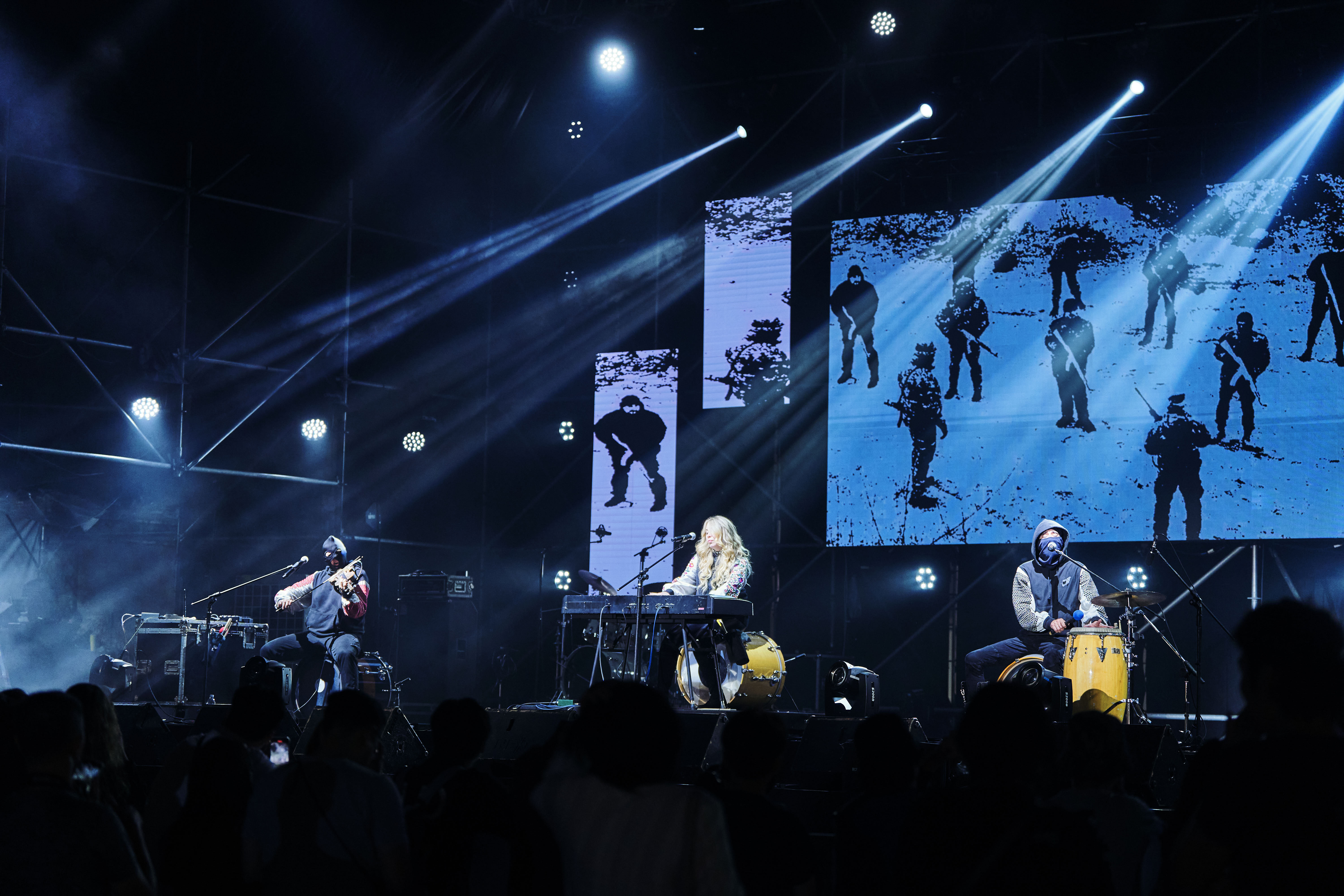
Frameless Future
World Music Festival @ Taiwan’s continued dedication and focus on providing and nurturing a platform that not only celebrates Taiwanese talent but also invites the rest of the world to showcase their stories, cultures, music and art has been inspiring. While the socioeconomic and sociopolitical realities unfortunately impede equitable progress for many nations and many people, it serves as an example of what healthy cultural exchanges can positively mean for not just musicians and cultural workers in general, but for everyone and the next generations to come.
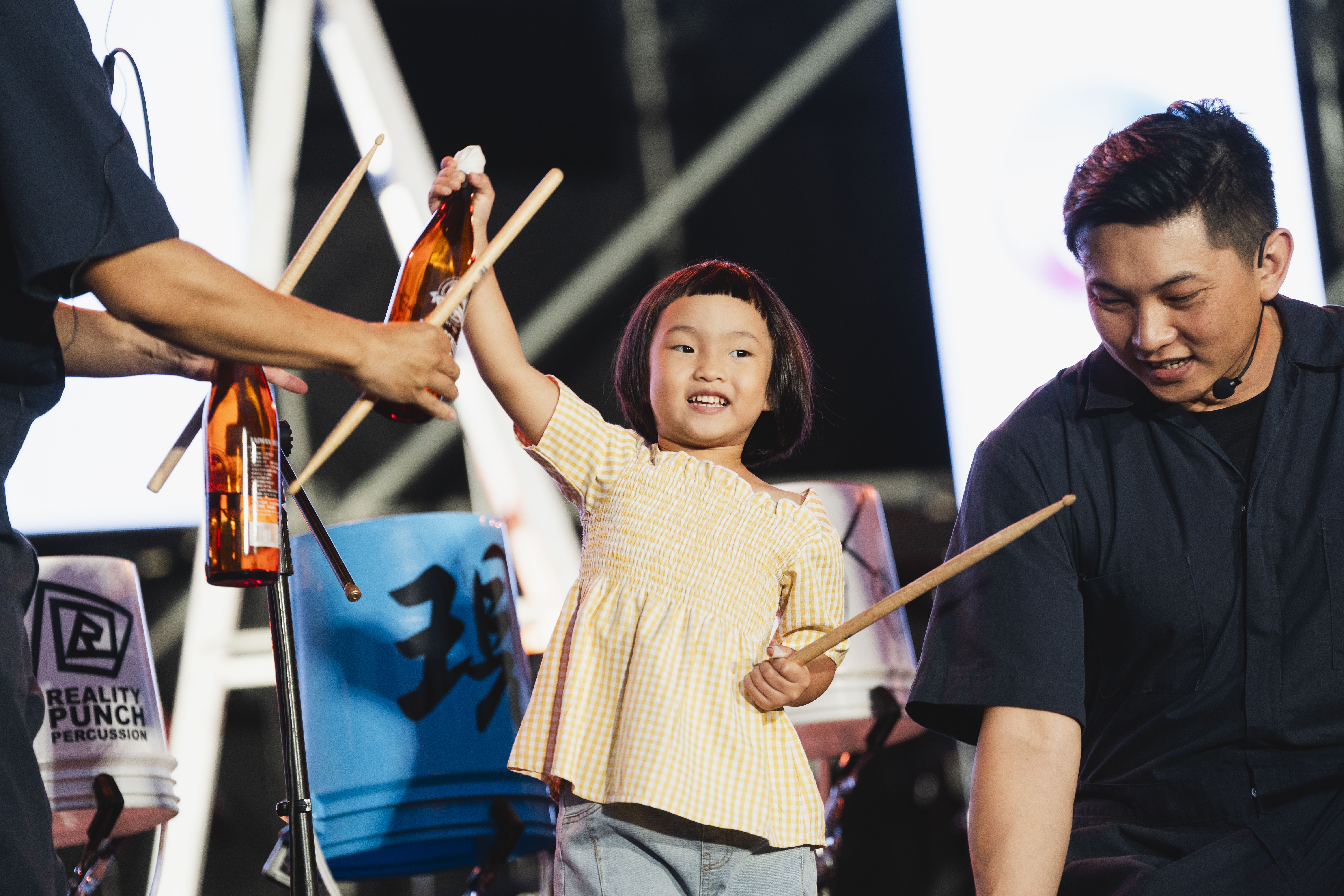
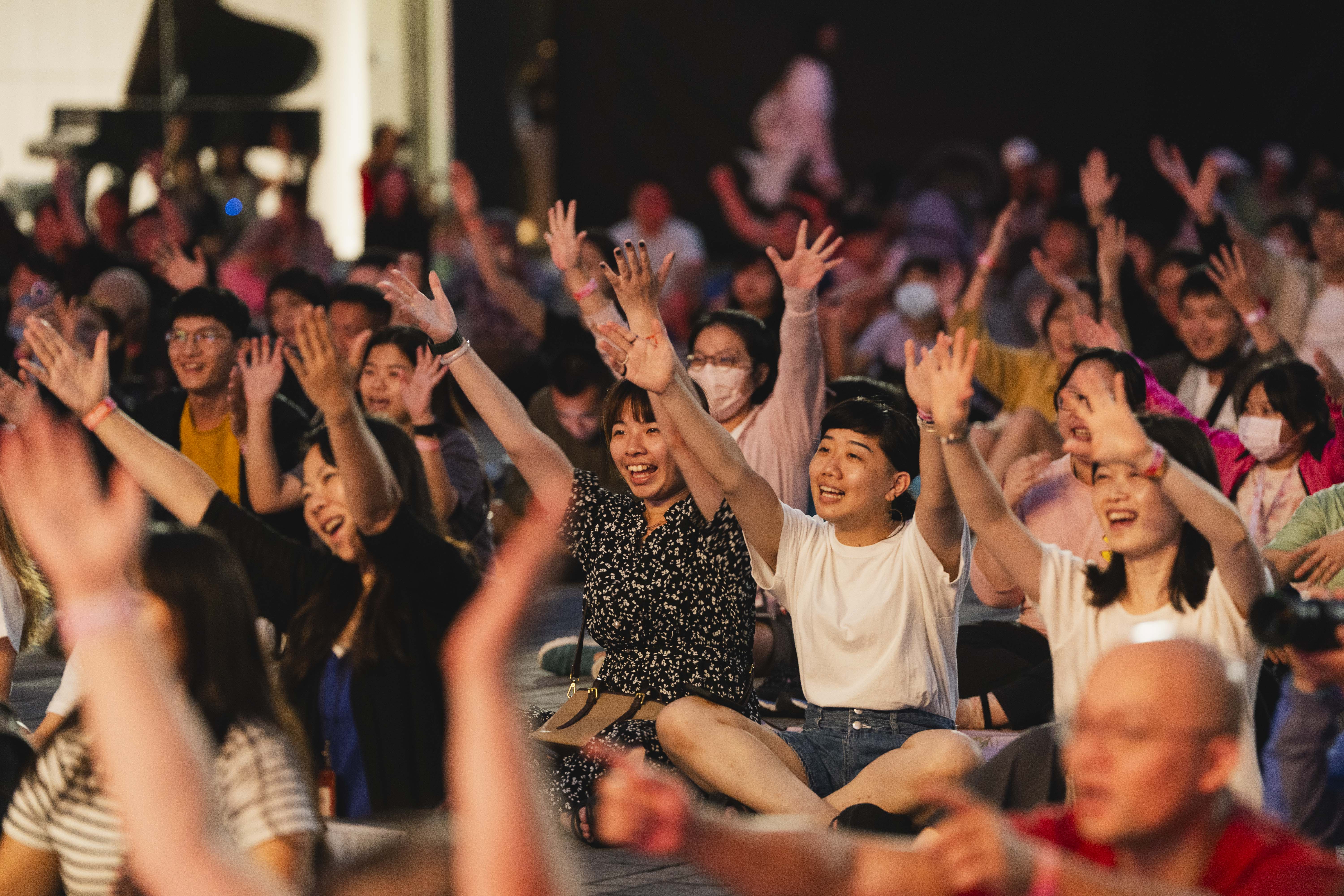
All photos courtesy of 2023 World Music Festival @Taiwan

